Ukrainian Intelligentsia in Post-Soviet Lviv
Ukrainian Intelligentsia in Post-Soviet Lviv
Narratives, Identity, and Power
Eleonora Narvselius
LEXINGTON BOOKS
Lanham Boulder New York Toronto Plymouth, UK
Published by Lexington Books
A wholly owned subsidiary of The Rowman & Littlefield Publishing Group, Inc.
4501 Forbes Boulevard, Suite 200, Lanham, Maryland 20706
www.rowman.com
10 Thornbury Road, Plymouth PL6 7PP, United Kingdom
Copyright 2012 by Lexington Books
Excerpts from Oleksandr Irvanetss Ochamymria (Kyiv: Vyd-vo Fakt, 2003, ISBN 966-8408-02-0), 120121, 124. Reproduced with permission of the author.
Excerpts from Catherine Wanner, Nationalism on Stage: Music and Change in Soviet Ukraine, in Returning Culture , edited by Mark Slobin, 141 (Durham, NC: Duke University Press, 1996). Copyright 1996 by Duke University Press. All rights reserved. Reprinted by permission of the publisher.
All rights reserved. No part of this book may be reproduced in any form or by any electronic or mechanical means, including information storage and retrieval systems, without written permission from the publisher, except by a reviewer who may quote passages in a review.
British Library Cataloguing in Publication Information Available
Library of Congress Cataloging-in-Publication Data
Narvselius, Eleonora Havryluyk.
Ukrainian intelligentsia in post-Soviet Lviv : narratives, identity, and power / Eleonora Narvselius. p. cm.
Includes bibliographical references and index.
ISBN 978-0-7391-6468-6 (cloth : alk. paper)ISBN 978-0-7391-6470-9 (electronic)
1. Lviv (Ukraine)Intellectual life20th century. 2. Lviv (Ukraine)Intellectual life21st century. 3. IntellectualsUkraineLvivSocial conditions. 4. Post-communismSocial aspectsUkraineLviv. 5. Lviv (Ukraine)Social conditions. 6. First person narrativeSocial aspectsUkraineLviv. 7. Lviv (Ukraine)Historiography. 8. Group identityUkraineLviv. 9. National characteristics, Ukrainian. 10. Power (Social sciences)UkraineLviv. I. Title.
DK508.95.L86N36 2012
305.5'2094779dc23
2012002933

The paper used in this publication meets the minimum requirements of American National Standard for Information Sciences Permanence of Paper for Printed Library Materials, ANSI/NISO Z39.48-1992.
Printed in the United States of America
Contents
Acknowledgments
Note on Transliteration and Translation
Introduction
| 1 | Approaching Intelligentsia |
| 2 | Intelligentsia and Problematics of Culture, Nation, Class, and Power |
| 3 | A Historical Stage for Intelligentsias Projects: Polyethnic, Multicultural, Nationalist Daily Lviv |
| 4 | Incarnations of the Protagonist: Old IntelligentsiaNew IntelligentsiaPseudo-Intelligentsia Non-Intelligentsia |
| 5 | Between Kham and Knight: The Lviv Intelligentsias Others and Alter Egos |
| 6 | Intelligentsias Spaces in Lviv |
| 7 | Empowering Projects of the Lviv Intelligentsia and Intellectuals after the End of Soviet Rule: Narratives about Lvivs Centrality and Peripherality |
| 8 | Empowering Projects of the Lviv Intelligentsia and Intellectuals after the End of Soviet Rule: Narratives about (Be)longing, Ambiguity, and Cultural Colonization |
| 9 | Opening a Pandoras Box: Collective Memories and Blank Spots of the Ukrainian Past in Historical Narratives of the Lviv Intelligentsia |
Conclusion: Intelligentsia in Lviv: The Power of Location and Narration
Appendix: List of Informants
Bibliography
Index
About the Author
Acknowledgments
This book is the result of my eagerness to illuminate at least a little part of an exciting urban semiosphere in which I have been fortunate to spend a great deal of time. This dynamic environment stimulates considerable reflection due to its complexity, vitality, and many contrasts. This study has been enriched greatly by the numerous personal encounters I had with fascinating people who, at various points and in various ways, significantly influenced my ideas and the trajectory of my research.
My native city, Lviv, has been a place of many fortunate meetings. I shall always be indebted to Valentina Kharitonova, whose seminars on folkloristics and ethnology in the late 1980s and early 1990s became an unforgettable experience for those numerous students at the Ivan Franko State University who were thirsty for unconventional humanistic knowledge and friendly encouragement. This bright woman and reputed scholar, whom I am honored to call my mentor and friend, presently continues her research of traditional spiritual practices at the Center for Medical Anthropology in Moscow and fosters new generations of ethnologists and anthropologists.
The encouragement of Roman Kis motivated me to continue my academic career at the Ethnology Institute in Lviv. Over the years, Mr. Kis generously shared his ideas, stimulated scholarly curiosity, and served as an example of devotion to independent scholarly investigation not only for me, but for a number of younger colleagues. He has also facilitated my contact with the field by way of advice and practical help. In the person of Mr. Kis daughter, Oksana Kis, I found a good friend and colleague whose progress in the field of gender studies and oral history has inspired me through years. I have greatly benefited from our discussions and her practical suggestions, as well as from her extensive network of contacts in the academic world of Lviv.
Acquaintance with Erik Olsson began in Lviv and continued in Sweden. This fortunate encounter grew into cooperation and initially resulted in a joint research rapport on identity of young Lvivites and ultimately resulted in this study. Eriks warmth, patience, and constant readiness to help made my acclimatization into Swedish academe a painless experience. In 19992001, I was affiliated at the University College of Southern Stockholm (Sdertrns hgskola) and worked as a guest researcher on the project Life Forms in the Suburbs of Large Cities in the Baltic Sea Region, financed by the Foundation for Baltic and East European Studies (stersjstiftelsen). Continuous exchange of ideas with Erik Olsson, Thomas Born, Karl-Olov Arnstberg, Juan Velasquez, and Ulla Berglund helped me to find my theoretical anchoring and nourished my determination to continue fieldwork in Lviv.
I found great conditions for developing this research at the postgraduate program in ethnic studies ( Tema Etnicitet ) at Linkping University, since 2008 integrated with the Institute for Research on Migration, Ethnicity, and Society (REMESO). I want to thank Magnus Dahlstedt, Thomas Born, Peo Hansen, Rune Johansson, and Zoran Slavnic, who read and commented the manuscript on various stages of its development, and other colleagues for their friendliness and interest in my work.
I am much obliged to Professor Barbara Trnquist-Plewa, who guided my work in its final stages. Her insightful commentaries and attention to detail helped me significantly. Special thanks are directed toward Maja Povrzanovic Frykman who meticulously commented the text and supplied helpful recommendations for the revision of the manuscript. I am also grateful to the anonymous reviewer for challenging commentary on the manuscript. Many thanks to Niklas Bernsand and Per Anders Rudling for their enthusiastic help in developing chapter 9.

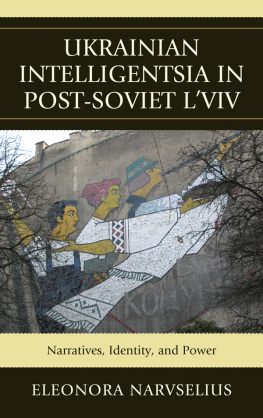
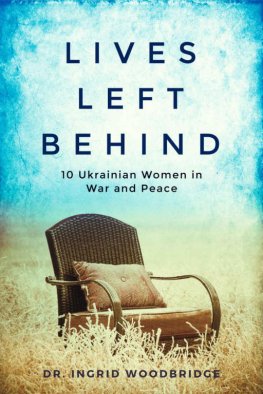
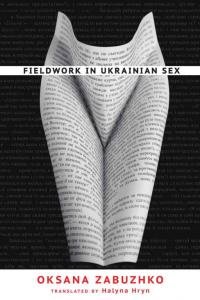
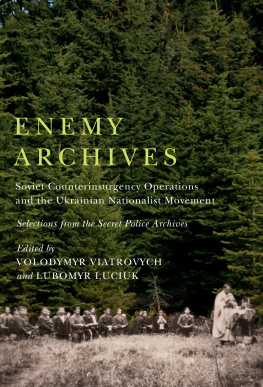
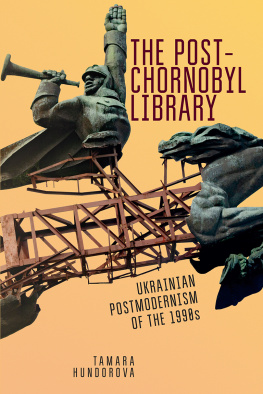

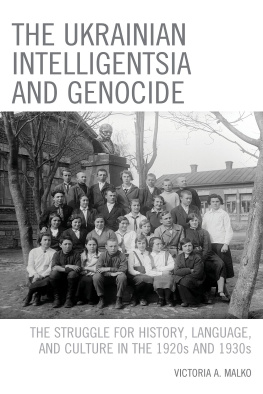

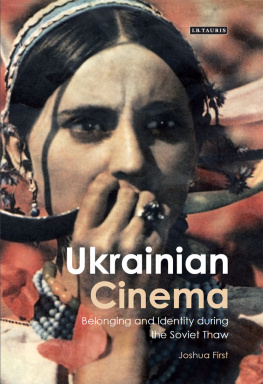
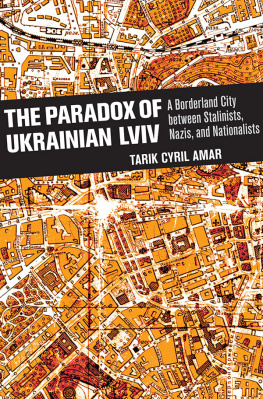

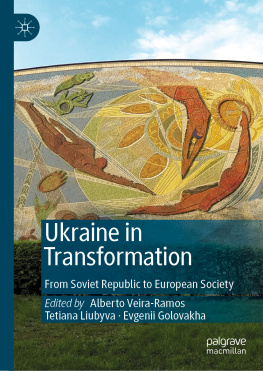
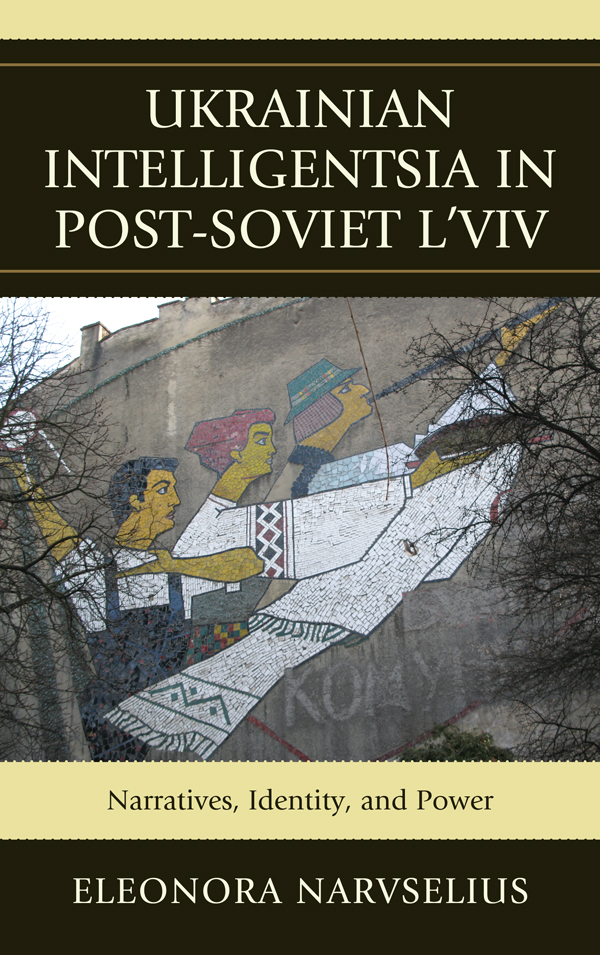
 The paper used in this publication meets the minimum requirements of American National Standard for Information Sciences Permanence of Paper for Printed Library Materials, ANSI/NISO Z39.48-1992.
The paper used in this publication meets the minimum requirements of American National Standard for Information Sciences Permanence of Paper for Printed Library Materials, ANSI/NISO Z39.48-1992.